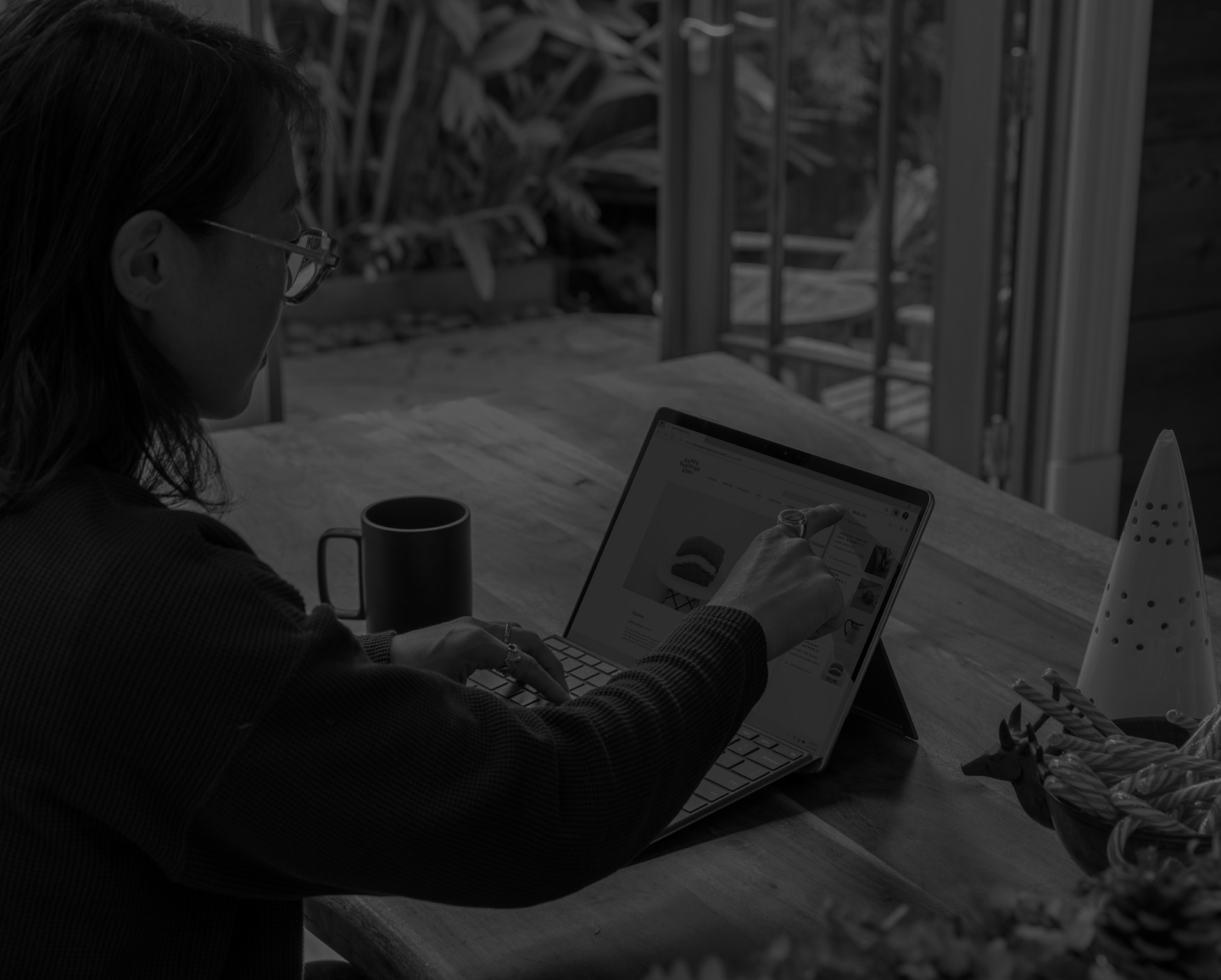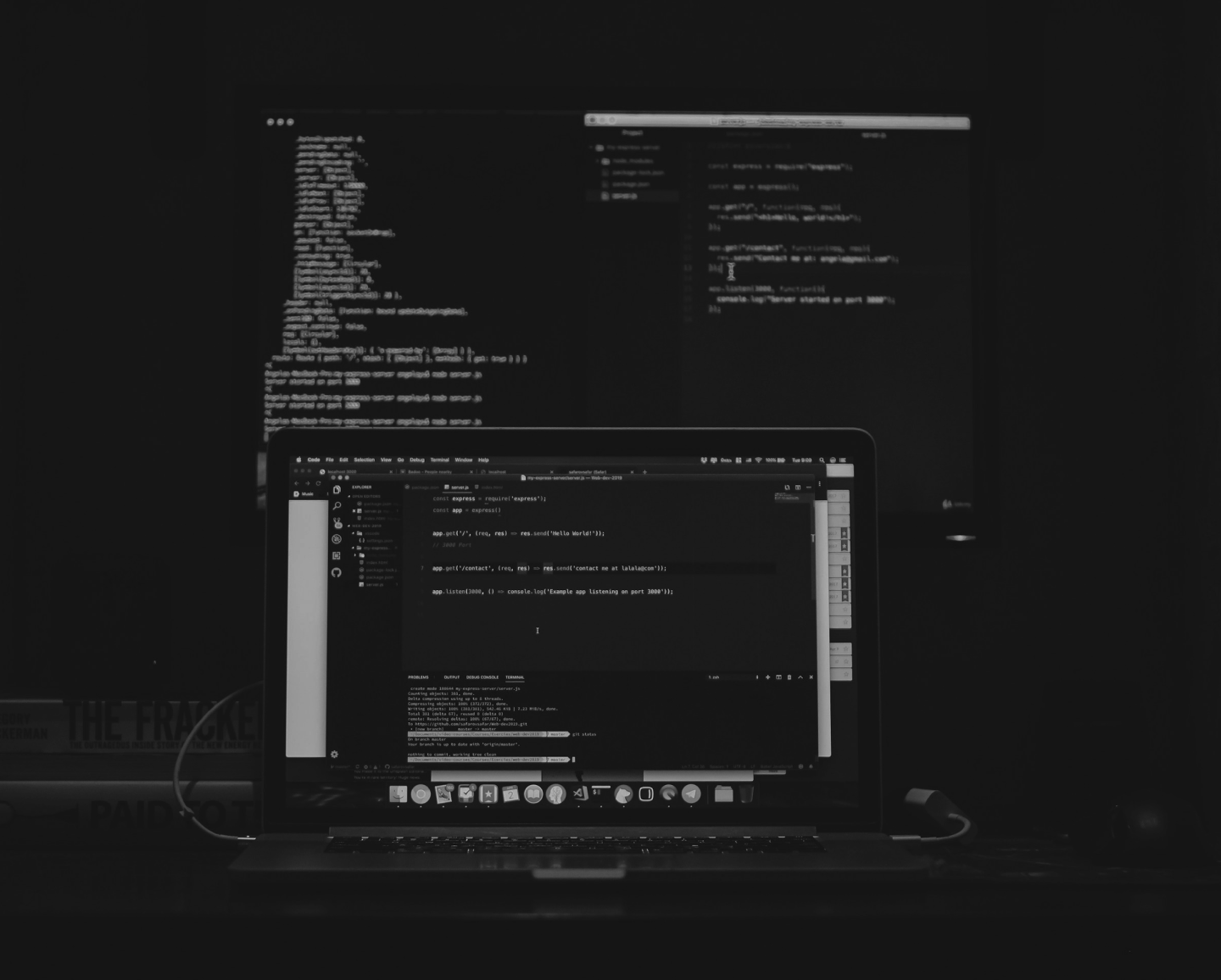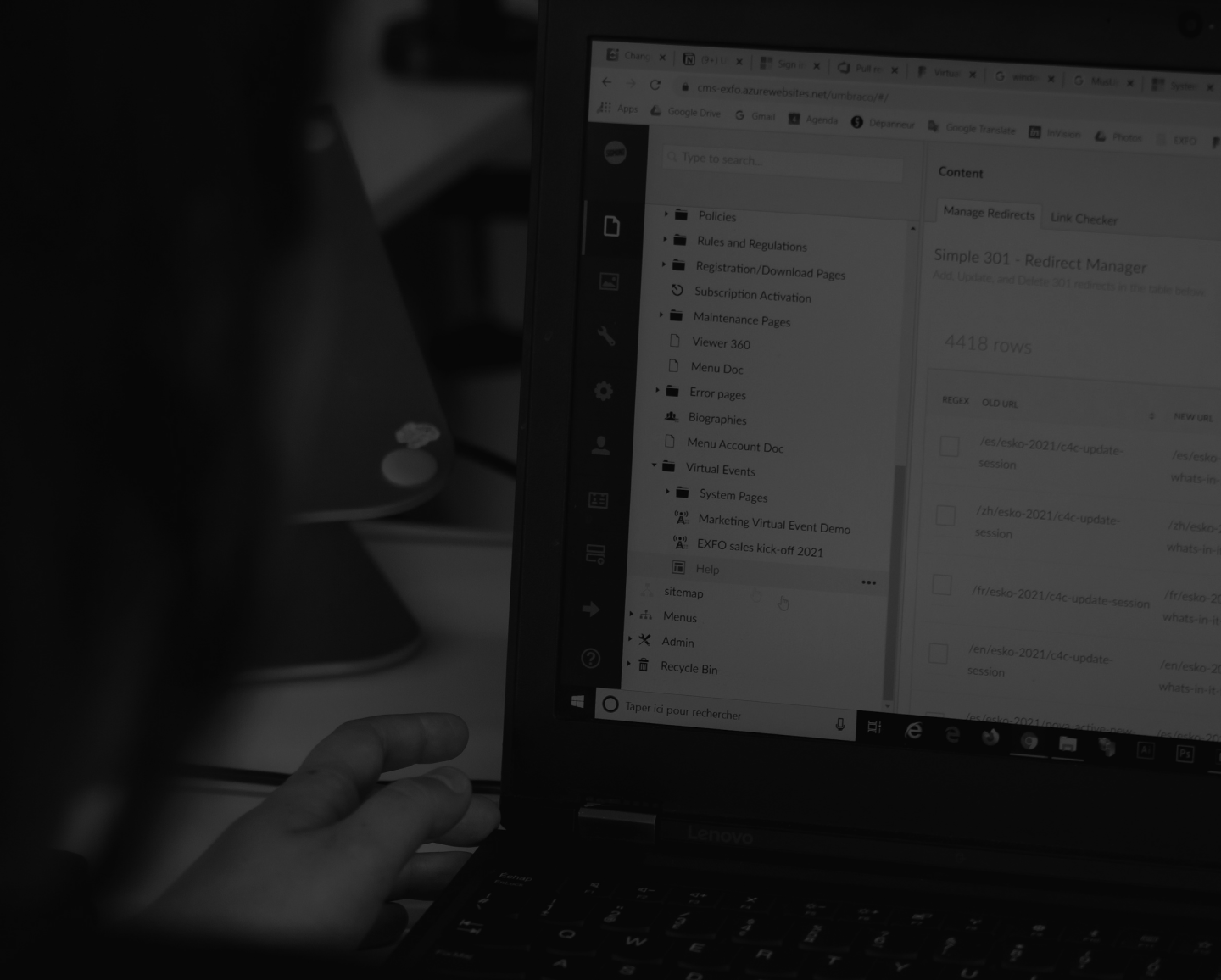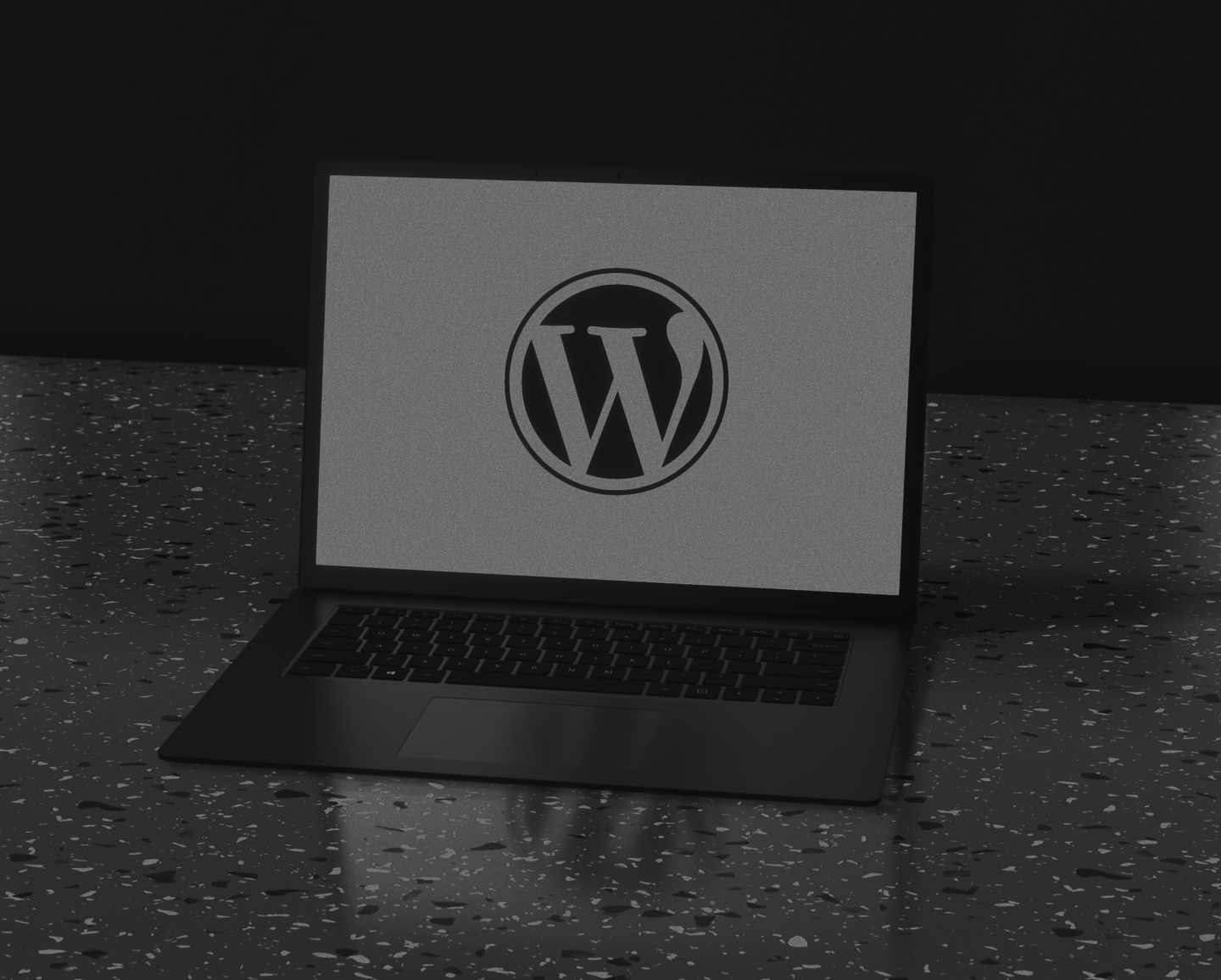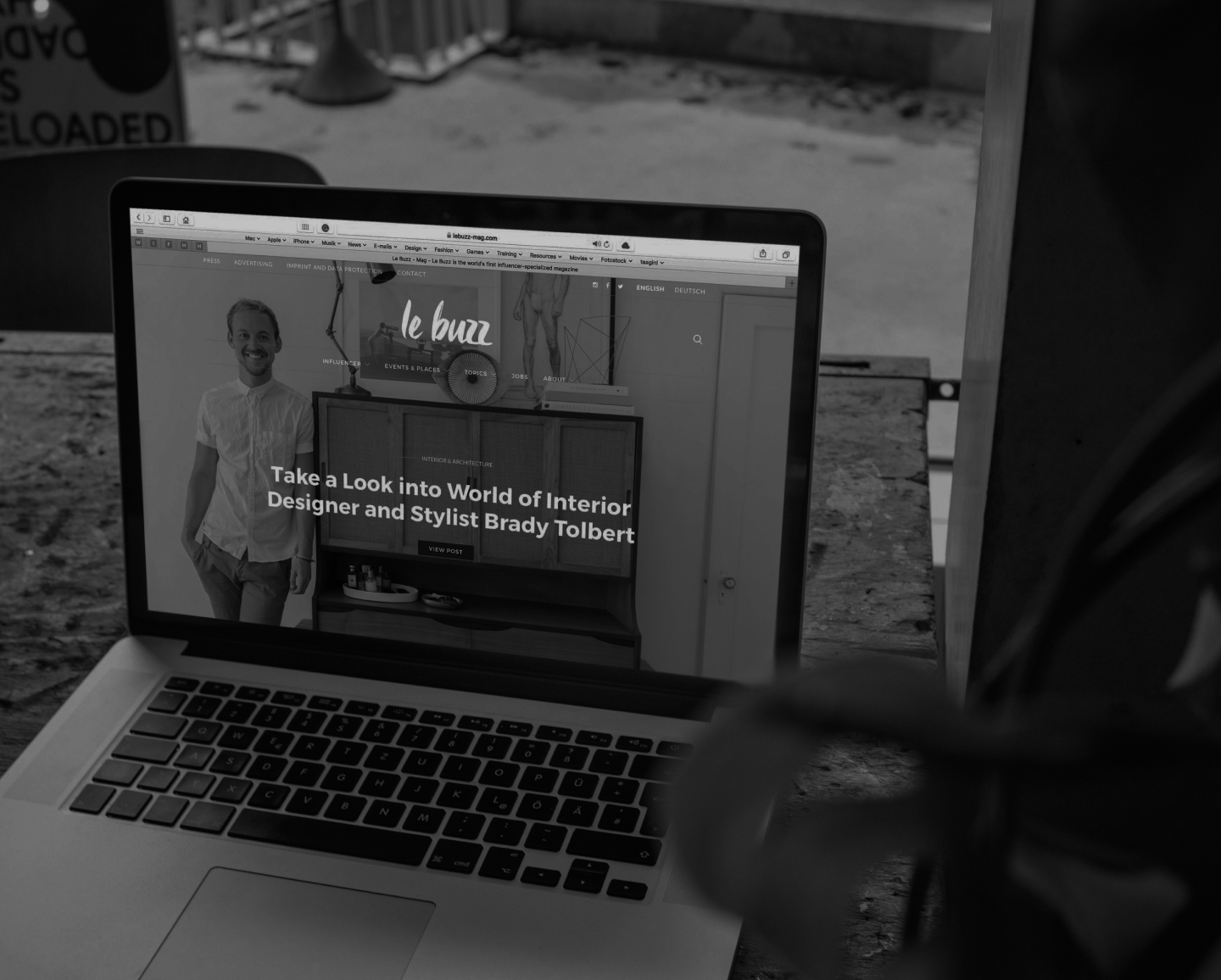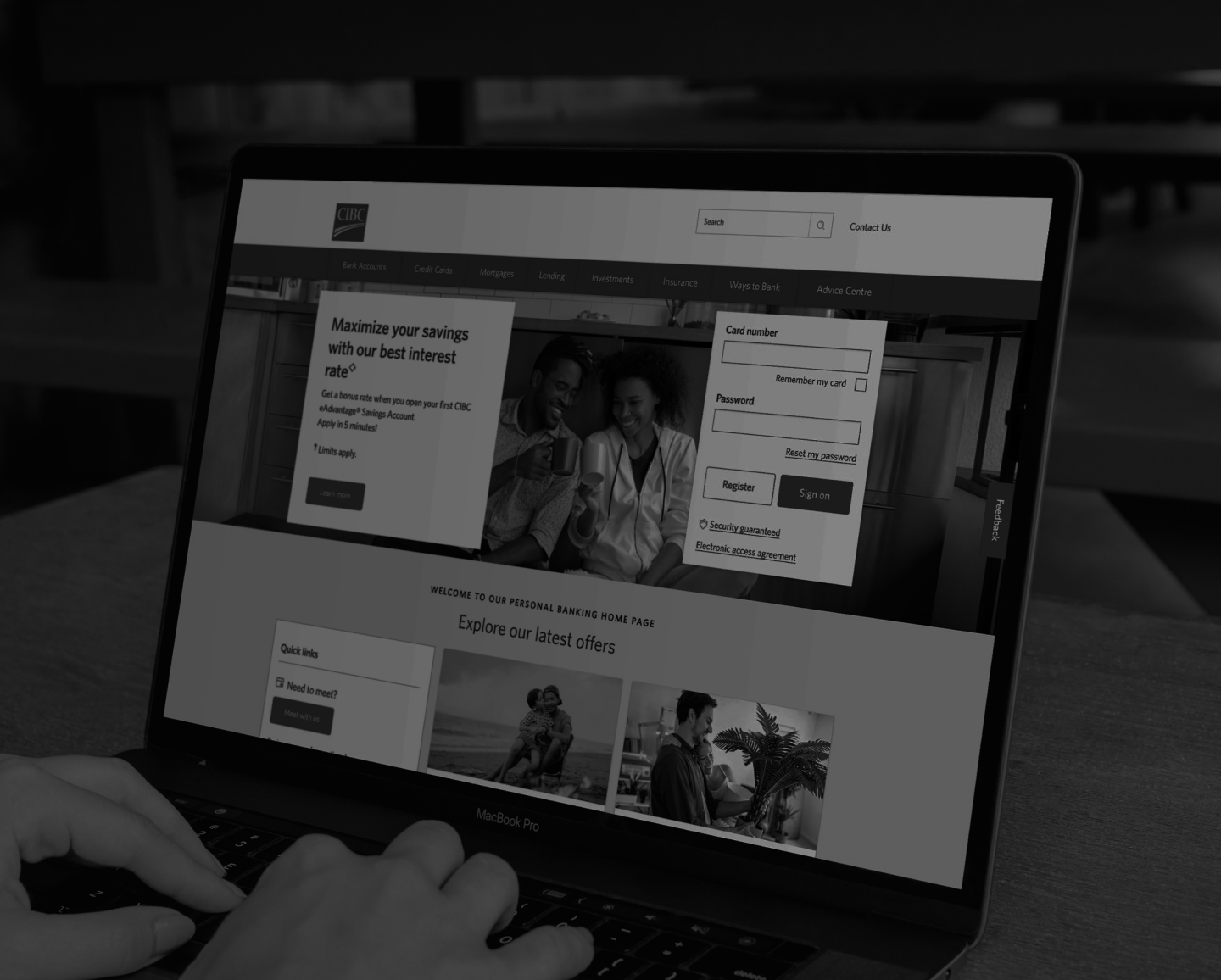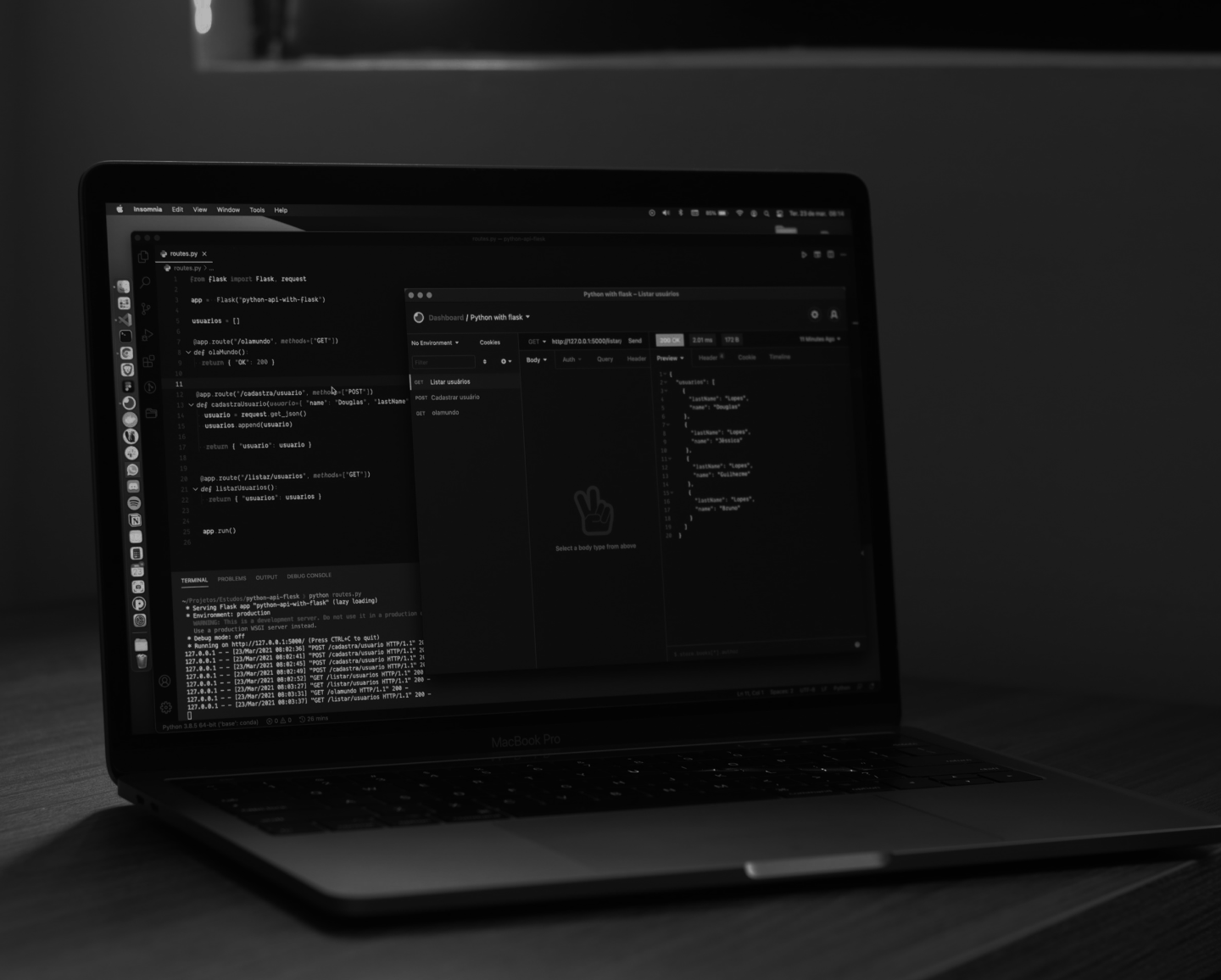مقدمة
In today’s digital age, social media platforms have become an integral part of the hospitality industry’s marketing efforts. They offer hotels a direct channel to engage with current and potential guests, showcase unique offerings, and build a loyal community around their brand.
An effective social media presence not only increases brand awareness, but also drives bookings and builds reputation. Research shows that a well-designed social media marketing strategy can significantly increase a hotel’s profitability.
However, achieving these results requires a carefully crafted strategy that takes into account the preferences of the target audience, current trends, and the distinctive characteristics of each platform. In this article, we’ll look at what a hotel social media marketing strategy is, explore the different types of strategies, and provide practical advice on how to successfully market your hotel in the digital space.
What is a Hotel Social Media Marketing Strategy?
A hotel social media marketing strategy is a comprehensive action plan designed to achieve specific business objectives through the utilization of social media platforms. This strategy involves identifying target audiences, selecting appropriate social media channels, creating engaging content, and monitoring performance metrics to ensure alignment with the hotel’s goals.
By leveraging platforms such as Facebook, Instagram, Twitter, and LinkedIn, hotels can connect with potential guests, showcase their amenities, and share updates or promotions. Additionally, incorporating user-generated content and encouraging guest reviews can enhance authenticity and trustworthiness, further attracting prospective customers.
The key points of the strategic plan are listed below.
Defining Clear Goals And Objectives
Establishing specific, measurable, achievable, relevant, and time-bound (SMART) goals is the foundation of any successful strategy. For hotels, objectives might include increasing follower count, boosting engagement rates, promoting special offers, or enhancing online reviews. Clear goals provide direction and a benchmark for measuring success.
Identifying The Target Audience
Understanding the demographics, preferences, and behaviors of potential guests allows for tailored content that resonates. Hotels should analyze factors such as age, location, travel habits, and interests to create personas that guide content creation and platform selection.
Selecting Appropriate Social Media Platforms
Not all social media platforms serve the same purpose or audience. For instance, Instagram’s visual-centric format is ideal for showcasing property aesthetics, while LinkedIn caters to business travelers. Choosing the right platform depends on your target audience and the type of content you plan to promote.
- انستقرام: Ideal for visual content: photos and videos of rooms, restaurants, and events. Use Stories, Reels, and IGTV for content variety. Regular Instagram posts help maintain engagement and build trust in your brand.
- TikTok: Has high viral potential. Great for short, dynamic videos and challenges. Formats like “reactions,” “duets,” and “behind-the-scenes” clips grab audience attention. Especially effective for reaching a younger demographic.
- فيسبوك: Suitable for sharing reviews, interacting with guests, and running targeted ad campaigns. Facebook groups and event pages help attract new guests and maintain connections with returning ones. A great choice for engaging with local residents.
- Pinterest: Useful for inspirational content, particularly if your hotel caters to romantic getaways or weddings. Creating “travel ideas” or “best places to stay” boards increases user engagement.
- ينكدين: Beneficial for business hotels targeting corporate clients. Helps promote conferences, business events, and team travel packages. A relevant platform for hotels operating in the B2B segment.
The choice of platform depends on your audience and the content you can consistently produce. A multi-platform approach allows you to reach different audience segments and maximize the effectiveness of your marketing. But for optimal promotion, it is advisable to choose 2-3 social networks and focus your efforts on them.
Developing A Content Plan
Creating a content calendar helps in organizing and scheduling posts to maintain consistency. Content should be diverse, including high-quality images, videos, guest testimonials, behind-the-scenes glimpses, and user-generated content. Incorporating storytelling elements can make the content more relatable and engaging.
Establishing Metrics For Performance Evaluation
Setting key performance indicators (KPIs) allows for tracking the effectiveness of social media efforts. Metrics such as reach, engagement rates, click-through rates, and conversion rates provide insights into what’s working and what’s not, facilitating data-driven decisions.
Continuous Monitoring And Adaptation
The digital landscape is dynamic, with trends and algorithms frequently changing. Regularly analyzing performance data helps in refining strategies, experimenting with new content formats, and adapting to audience feedback. This agility ensures that the hotel’s social media presence remains relevant and effective.
To ensure your hotel’s social media strategy is working effectively, tracking and analyzing results is essential. The right tools help measure engagement, monitor performance, and refine your approach. Implementing analytics platforms enables the collection of data on metrics such as likes, shares, comments, and click-through rates, providing insights into what content resonates with the audience.
Recommended social media tools:
- Canva: A user-friendly tool for creating eye-catching social media visuals.
- Hootsuite: A platform for scheduling posts and managing multiple social media accounts.
- Google Analytics: Tracks website traffic from social media and helps measure conversion rates.
- Meta Business Suite: Provides detailed insights into your hotel’s performance on Facebook and Instagram.
- Sprout Social: Offers advanced analytics and reporting for social media performance.
So what signals the success or failure of a marketing campaign? Here are the key metrics to monitor:
- Engagement Rate: Likes, comments, shares, and saves indicate audience interaction.
- Click-Through Rate (CTR): Measures how many users clicked on your call-to-action links.
- Conversion Rate: Tracks how many social media users completed a booking or inquiry.
- Audience Growth: Monitors the increase in followers over time.
- Ad Performance: Evaluates ROI for paid campaigns and helps optimize future ads.
Using analytics data allows you to adjust your content strategy, improve user experience, and increase ROI on social media. This monitoring should be given daily attention to promptly identify trends, respond to emerging opportunities, and address potential issues before they escalate.
Regularly reviewing performance reports and setting measurable goals can guide strategic decisions and foster continuous improvement. Engaging with audience feedback and staying informed about algorithm changes on various platforms ensures that the hotel’s social media presence remains relevant and effective.
The main goal of this strategy is to increase brand awareness, attract new guests, retain existing ones, and create a positive online image of the hotel. By constantly engaging with the audience and providing valuable content, hotels can establish themselves as a preferred choice for travelers. An effective social media strategy can lead to more bookings, increased guest satisfaction, and a stronger market position.
Top 10 Social Media Strategies for Hotels in 2025
In 2025, social media will continue to play a key role in promoting the hotel business. To remain competitive and attract guests, hotels need to adapt their strategies to new trends. Below are ten effective strategies and trends in social media for hotels in 2025.
1. Artificial Intelligence and Content Personalization
Artificial intelligence (AI) is becoming an integral part of marketing strategies. With its help, hotels can analyze user behavior, predict their preferences, and create personalized content. For example, AI can automatically generate posts tailored to a specific user’s interests based on their previous interactions with the brand. This increases engagement and guest satisfaction, ultimately leading to higher bookings.
Additionally, hotels can use AI to analyze guest reviews and identify key trends in their preferences. This helps to promptly adapt services and offer relevant options. AI-powered chatbots can also provide personalized recommendations for leisure activities, dining, and excursions, enhancing guest interactions and increasing the likelihood of repeat visits.
2. Short Video Formats and Stories
In 2025, short videos and stories will become the main formats for engaging with audiences. Users value concise and dynamic content, preferring videos that last 30–60 seconds. Hotels should actively use this format to showcase rooms, services, events, and guest reviews. For example, a short video tour of the hotel or an interview with satisfied guests can capture the attention of potential visitors and increase their interest in booking.
Additionally, using trendy effects and filters on TikTok and Instagram Reels can make content more appealing. Adding infographics, animations, and text overlays will enhance viewer engagement. It is important to publish content regularly, creating video series that build anticipation for new releases.
3. Interactive and User-Generated Content
Creating interactive content such as polls, quizzes, and contests stimulates audience activity and boosts engagement. Hotels can encourage guests to share their experiences and photos, generating user-generated content. For example, organizing a photo contest with prizes for the best pictures taken at the hotel not only increases user content but also enhances customer loyalty.
In addition to contests, hotels can launch challenges, such as posting videos of the most beautiful views from their rooms. Rewarding users for creating content can take the form of discounts, bonuses, or mentions on the hotel’s official pages, motivating people to share their experiences more frequently.
4. Social Commerce and Direct Bookings
Integrating booking functions directly into social media simplifies the process for users and reduces the likelihood of them leaving for external websites. Hotels can use platforms that allow guests to book rooms or services directly through social media, shortening the customer journey and increasing conversions.
It is also worth integrating with popular payment systems to simplify transactions. For example, booking via Instagram Shopping or Facebook Marketplace enables users to complete a purchase in just a few clicks. Automated reminders for unfinished bookings will further improve conversion rates.
5. Sustainability and Social Responsibility
Modern travelers are increasingly paying attention to sustainability and social responsibility. Hotels should showcase their efforts in sustainable development, such as using eco-friendly materials, supporting local communities, or implementing carbon footprint reduction programs. Posting about these initiatives on social media strengthens the hotel’s positive image and attracts guests who share these values.
Sharing employee stories about their participation in eco-initiatives, showcasing waste recycling projects, and using hashtags related to sustainable tourism will create a sense of openness and trust among customers.
6. Collaborations with Influencers and Micro-Influencers
Collaborating with influencers remains an effective promotion method. However, in 2025, special attention will be given to micro-influencers, whose audience may be smaller but more engaged and trusting. Hotels can invite these opinion leaders for reviews, joint events, or special offers, helping to reach target audiences and build brand trust.
Additionally, partnering with niche bloggers specializing in family vacations, budget travel, or luxury tourism can be beneficial. Guest content in the form of joint live streams, reviews, and posts will help attract new customers.
7. Using Virtual and Augmented Reality
Virtual reality (VR) and augmented reality (AR) open new opportunities for showcasing hotels and their services. Creating virtual tours of rooms, spa areas, or restaurants allows potential guests to explore hotel offerings from home. AR technologies can be used for interactive elements, such as visualizing events or restaurant menus, enhancing audience interest and engagement.
Adding a “try before you book” feature, such as virtually viewing the view from a selected room, makes the selection process more convenient and attractive for clients.
8. Automation and Chatbots for Guest Interaction
Automating guest communication through chatbots and AI systems enables quick responses to inquiries, bookings, and information requests, improving efficiency. These technologies ensure guests receive timely, accurate information around the clock, reducing the need for human intervention. This enhances the user experience by offering consistent, personalized communication tailored to individual needs.
For example, a chatbot can help guests select a room based on preferences like budget, view, or amenities. It can also provide details about available services, process bookings instantly, send reminders about check-in/check-out, or follow up post-stay for feedback or offers. With AI systems, these interactions become increasingly personalized, learning guest preferences over time.
By integrating these systems, hotels can offer 24/7 support without increasing operational costs. This reduces staff workload, allowing them to focus on more complex issues. Chatbots also offer upselling opportunities, suggesting deals or services based on guest behaviors, boosting revenue while maintaining guest satisfaction.
9. Gamification and Loyalty Programs
Engaging customers through gamification mechanics, such as loyalty programs, digital quests, and social media challenges, motivates guests to interact with the brand. Hotels can launch digital quests where participants complete tasks—posting photos with a specific hashtag, leaving reviews, or tagging the hotel’s location in social media. Completing these tasks earns guests points, discounts, or exclusive offers.
Loyalty programs can also be integrated into social media. For example, guests booking through Instagram or Facebook can receive complimentary services like breakfast or spa treatments. Virtual rewards, badges, and customer rankings in loyalty programs create a sense of competition and encourage ongoing engagement with the brand.
10. Analytics and Customer Behavior Prediction
Utilizing big data and analytics tools enables hotels to predict customer preferences and adjust marketing campaigns in real-time. Analytical tools collect information on which posts attract the most attention, which advertising campaigns yield the highest conversion rates, and which services are most in demand among guests.
The use of big data and artificial intelligence helps forecast customer needs and adapt marketing strategies accordingly. For example, if analytics indicate a growing interest in eco-hotels, content can be adjusted to highlight sustainability and responsible tourism.
Another crucial aspect is automated review analysis. Hotels can use specialized algorithms to process social media comments, identifying the most common requests and complaints. This allows for quick responses to audience needs and service improvements. Analytics not only optimize advertising budgets but also develop more effective customer acquisition and retention strategies.
Effective use of social media in 2025 will help hotels not only attract new guests but also strengthen the loyalty of existing customers.
LENGREO: We Will Develop And Implement Your Hotel’s Social Media Marketing Strategy
Social media is a powerful tool for hotels looking to engage with potential guests and build a strong online presence. At LENGREO, we create compelling social media marketing strategies that drive engagement and increase bookings, leveraging platforms like Instagram, Facebook, LinkedIn, and TikTok to showcase your hotel’s unique experiences and connect with your audience in meaningful ways.
Our approach is comprehensive, blending creativity with data-driven precision. Here’s how we create your social media strategy:
- Platform optimization. With وسائل التواصل الاجتماعي وتسويق المحتوى, we tailor content – stunning room photos for Instagram, professional offers on LinkedIn – to each platform’s strengths.
- Content creation. High-quality visuals (sunset views), guest testimonials (“Loved the service!”), and interactive posts (polls like “Beach or pool?”) attract and retain followers.
- Ad campaigns. الإعلانات المدفوعة amplify reach with targeted ads – think Facebook promos for family deals – hitting travelers actively planning trips.
- Influencer collaborations. We partner with travel influencers to showcase your hotel, like a vlogger filming your rooftop bar, enhancing credibility.
- Community engagement. Direct replies to comments, promotions (e.g., “Tag a friend, win a stay!”), and loyalty programs build relationships.
- Performance metrics. We track engagement rates, conversions, and audience insights with جيل الطلب to optimize results.
ملكنا تحسين محركات البحث expertise ensures your social content ranks well – think hashtags like #HotelGoals boosting discoverability – while paid campaigns use precise targeting (e.g., 25–40-year-olds interested in travel). Influencer partnerships might feature a TikTok star highlighting your brunch, driving viral reach. Engagement includes live Q&As or responding to reviews, turning followers into advocates. Metrics analysis – likes, shares, booking clicks – helps us tweak posts, like switching from static images to reels if video performs better.
LENGREO’s strategies boost visibility and foster loyalty – turning followers into repeat guests with offers shared on TikTok. A boutique hotel might gain local buzz, while a resort attracts international travelers. Discover the difference – reach out via اتصال for a free consultation and let’s build an impactful social media presence for your hotel.
خاتمة
A hotel’s social media marketing strategy is essential for attracting new guests and maintaining loyalty among existing customers. The key is to start small: choose at least one platform, publish content regularly, and analyze the results.
However, it’s better to outsource this work to a specialized marketing agency. Using different formats such as videos, text messages, and interactive polls will make your content more interesting and effective. Additionally, engaging with your audience by responding to comments and messages helps build a sense of community and encourages repeat business. Collaborating with influencers or encouraging user-generated content can further strengthen your hotel’s online presence. Monitoring trends and adapting content accordingly will ensure relevance and keep your audience engaged.
Strategic use of social media can help your hotel increase bookings, increase brand awareness, and build long-term relationships with guests. Adapt to changing trends, engage with your audience, and continually improve your approach to stay ahead of the competition. Regularly reviewing analytics allows you to understand what is working and what is not, allowing you to make data-driven decisions. Investing in targeted advertising can also reach specific demographics, maximizing your marketing efforts. By maintaining a consistent and authentic online presence, your hotel can stand out in a crowded market. Ultimately, a well-executed social media strategy contributes significantly to your hotel’s success and reputation.


